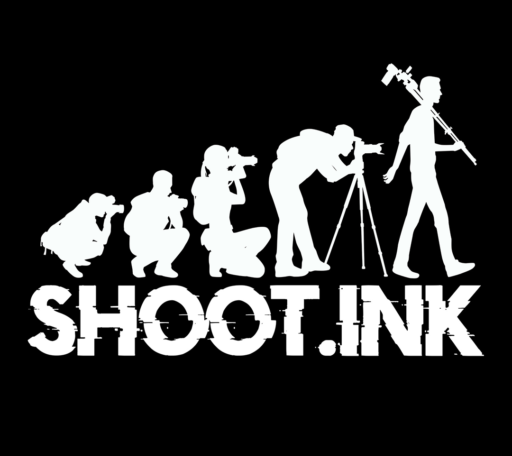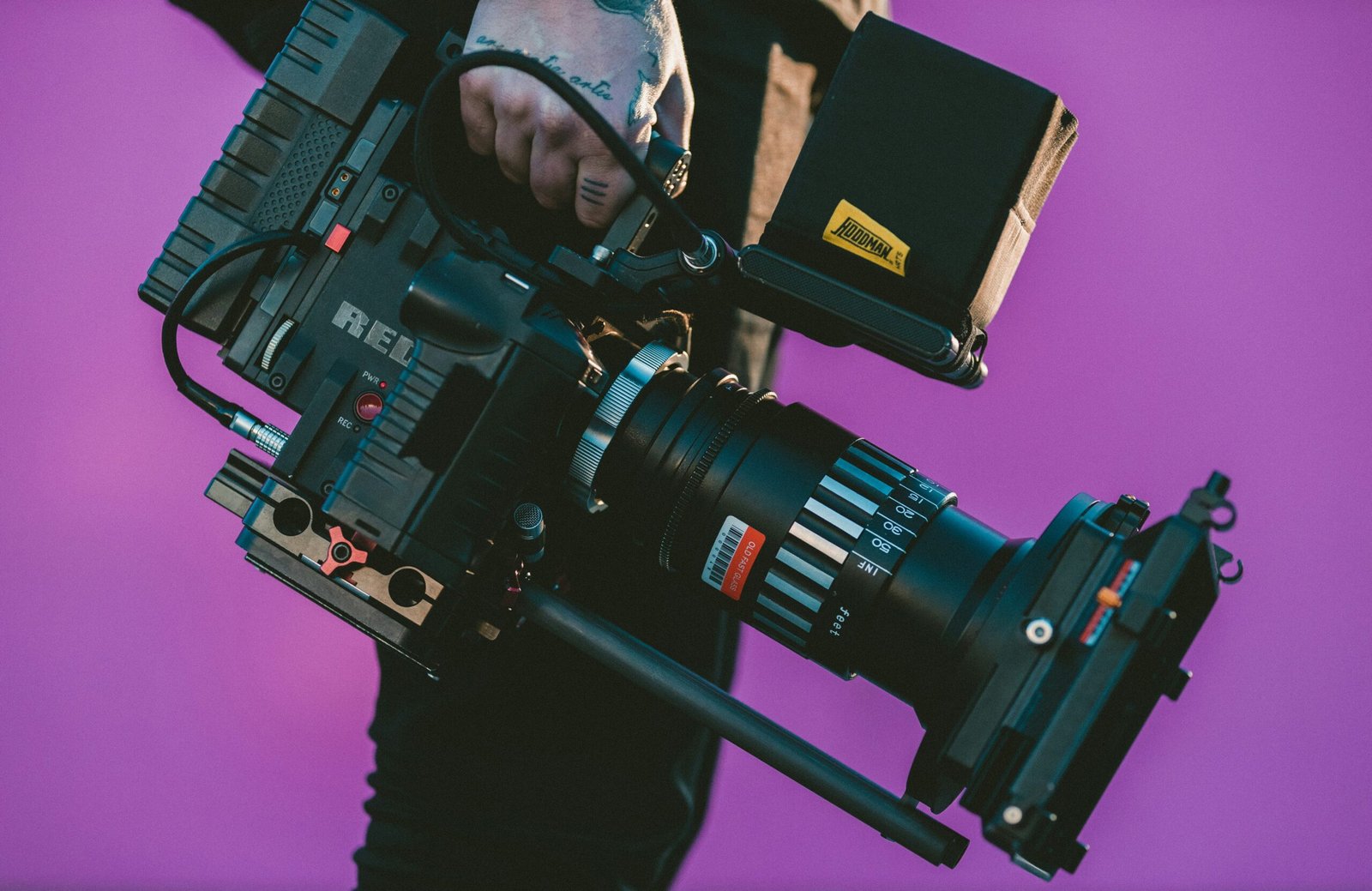Marketing to Moviegoers: Strategies and Tactics Unveiled
Welcome to our blog post where we embark on a transformative journey through the world of film marketing. Gone are the days of relying solely on print ads and TV trailers to capture the attention of moviegoers. In this digital age, marketing strategies have evolved, embracing the power of social media campaigns, influencer partnerships, and targeted online advertisements.
The Shift from Conventional to Digital
In the past, movie studios heavily relied on traditional marketing methods to promote their films. Print ads adorned billboards and magazines, while trailers aired on television, enticing audiences to flock to the theaters. But times have changed, and so have the tactics.
Today, digital strategies have taken center stage. Social media platforms like Facebook, Twitter, and Instagram have become virtual playgrounds for film marketers. They engage with audiences, create buzz, and build anticipation through interactive campaigns. From behind-the-scenes glimpses to interactive quizzes, these platforms offer a wealth of opportunities to connect with moviegoers.
Influencer partnerships have also become a powerful tool in the film marketing arsenal. Collaborating with popular social media influencers allows studios to tap into their vast follower base, reaching a wider audience and generating excitement. Whether it’s a sneak peek at a film premiere or a sponsored giveaway, influencers help create a personal connection between the movie and its potential viewers.
Targeted online advertisements have revolutionized the way films are promoted. With advanced algorithms and data analytics, studios can identify specific demographic groups and tailor their marketing efforts accordingly. By understanding their target audience’s preferences and behaviors, they can craft messages that resonate and drive ticket sales.
Creative and Strategic Approaches
Now that we’ve explored the shift from conventional to digital marketing, let’s dive into some case studies that exemplify the creative and strategic approaches that have led to film marketing success.
One such example is the marketing campaign for the film “Deadpool.” The team behind this unconventional superhero movie took a bold and irreverent approach to captivate audiences. They leveraged social media platforms to their advantage, using humor and wit to engage fans. From viral marketing stunts to hilarious promotional videos, “Deadpool” became a cultural phenomenon, proving that thinking outside the box can yield incredible results.
Another case study worth mentioning is the marketing campaign for “Get Out.” This critically acclaimed horror film tackled social issues in a thought-provoking manner. The marketing team recognized the film’s potential to spark conversations and capitalized on it. They crafted a campaign that emphasized the film’s themes, sparking discussions on social media and generating buzz. By tapping into the audience’s desire for meaningful content, “Get Out” became a box office success.
The Future of Film Marketing
As we conclude our exploration of film marketing strategies and tactics, let’s take a peek into the future. Advancements in technology are set to revolutionize how films are promoted, offering exciting possibilities for filmmakers and marketers alike.
Virtual reality (VR) is one such advancement that holds immense potential. Imagine being able to step into the world of a film, experiencing it firsthand through VR. This immersive technology opens up new avenues for storytelling and marketing, allowing audiences to engage with films in unprecedented ways.
AI-driven marketing is another area that is poised to shape the future of film promotion. With AI algorithms analyzing vast amounts of data, marketers can gain valuable insights into audience preferences and behaviors. This enables them to create personalized and targeted campaigns that resonate with individual moviegoers.
As technology continues to advance, adaptability and storytelling will remain key in capturing the audience’s imagination. The ability to understand and connect with specific demographic groups, harness the power of social media and influencers, and embrace emerging technologies will be essential for successful film marketing.
So, as we bid adieu to the traditional methods of film promotion, let’s embrace the digital age and the exciting possibilities it brings. The journey of film marketing is ever-evolving, and by staying agile and innovative, we can continue to captivate moviegoers and bring their imaginations to life.

